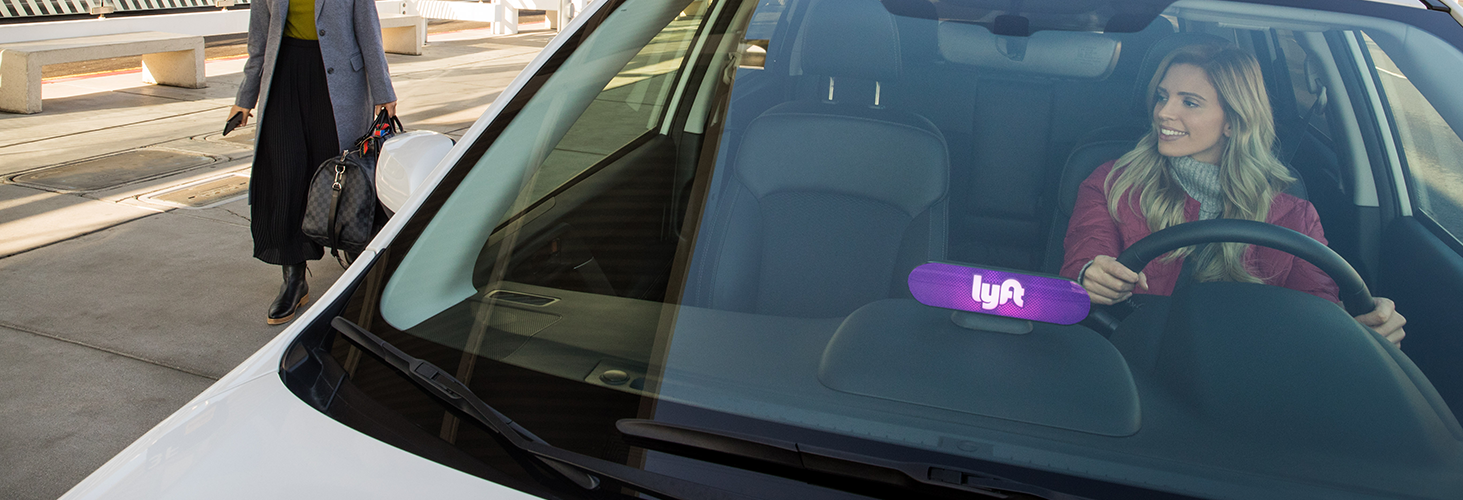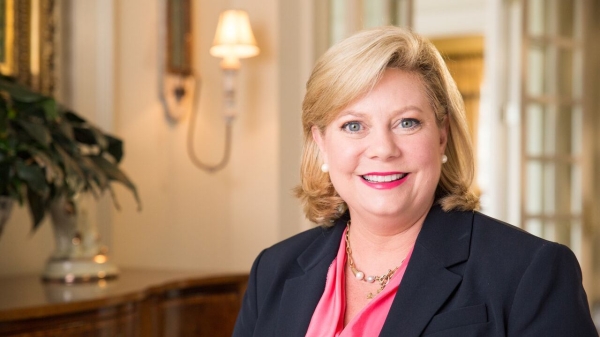By Chip Brownlee
Alabama Political Reporter
A bill that could bring ride-hailing services like Uber and Lyft statewide is a step closer to becoming law after a Senate committee Thursday voted to give the bill a favorable report.
Senate Bill 143, sponsored by Sen. Bobby Singleton, D-Greensboro, and Senate President Pro Tem Del Marsh, R-Anniston, could be up for a vote within the next week after the Senate Committee on Tourism and Marketing voted in favor of the bill Thursday.
If passed and signed into law, Singleton’s bill would set statewide regulations for companies like Lyft and Uber, referred to as transportation network companies, which could allow Alabamians anywhere in the state to hail a ride with their phones.
Lyft and Uber, the nation’s two most popular ride-hailing companies, operate in 15 medium-to-large cities across the state but were forced to work with those cities on local regulations that allowed them to start offering rides. The time and money needed to negotiate with individual cities prevent the companies from going statewide, Singleton said Thursday.
Smaller cities don’t have the capability of attracting the time and attention of the companies, much less the leverage to negotiate with the two largest ride-hailing companies, he said. The bill will take the regulations to the state level and off the back of small towns and cities.
“That’s what’s most important, having a uniform product that we will be able to sell to the people of the state of Alabama,” Singleton said.
The Committee voted 6-1 Thursday in favor of the bipartisan bill, which would have the TNCs register with the Alabama Public Service Commission, a panel that regulates utilities statewide, instead of with individual municipalities. Rep. David Faulkner, R-Mountain Brook, is sponsoring the bill in the House.
Singleton said the arrival of ride-hailing service to all corners of the state could bring new jobs to areas that desperately need it, including his largely rural district.
“Ride-sharing, in terms of the economic impact it will put back into the community, is really unknown,” Singleton said. “It’s so new. But we think it’s going to be a tremendous engine in the economy for people who are unemployed or underemployed.”
Only six states including Alabama lack statewide regulations. Georgia recently passed similar legislation and the companies were operating statewide less than a year and a half later. Neighboring states Tennessee, Mississippi and Florida also have statewide regulations.
“It gives our citizens an opportunity to be more mobile than they would be otherwise,” said David Wisdom, president of Young Alabama, a group that says it represents millennial interests. “I think it’s great for young people, in particular. I use it at least a few times a month if not a few times a week.”
Wisdom said it’s not just good for young people, either. Services like Lyft and Uber could help senior citizens be more independent in getting around to medical appointments.
“This is a service that young people are more adept at using, and they know about it more, but my 85-year-old grandfather has used an Uber before after I taught him how to use it,” Wisdom said.
Birmingham became the first city to welcome Uber more than two years ago. Since then, Uber and Lyft have expanded to Huntsville, Montgomery, Mobile, Tuscaloosa, Auburn and several other municipalities, offering on-demand rides to users.
Faulkner and Singleton pushed similar legislation last year but it didn’t make it out of session. Some cities initially opposed the legislation because they said it infringed on their ability to create and enforce regulations that fit their communities.
Cities, for example, have different standards for background checks, insurance and registration. Faulkner and Singleton’s bill would preempt cities from implementing local taxes and licensing regulations — a measure that was at first opposed by the League of Municipalities.
If the bill passed, a 1 percent fee on each fare would be collected by the state and ride-hailing companies would need to obtain a permit from the Public Service Commission, the state panel that regulations utilities. Along with a permit, the companies would be required to conduct background checks and driving history checks on their drivers.
About half of the fee, once collected by the PSC, would be remitted back to the municipalities where the ride originated.
Singleton said some members of his own caucus, who represent large swaths of the state’s urban population, had questions about the legislation but many have come around after negotiations and he expects the bill to pass.
The sponsors of the bills were joined by Uber and Lyft drivers, Gov. Kay Ivey and the Ride4AL Coalition at a rally last week. Among the supporters were representatives of the Alabama Association for the Deaf.
“If you have someone who is deaf, who can’t talk, they can just type in on the app what they want,” Singleton said. “It’s the security of knowing who your driver is and where you’re going to go. You can see the driver before he gets there, pull up his information. The safety aspects are going to be a tremendous help for those persons who taxicabs can probably not understand.”
Singleton said he hopes the bill will be on the floor on Thursday, Jan. 25. If passed by the Senate, the bill would need to gain the House’s approval before landing on Ivey’s desk.























































